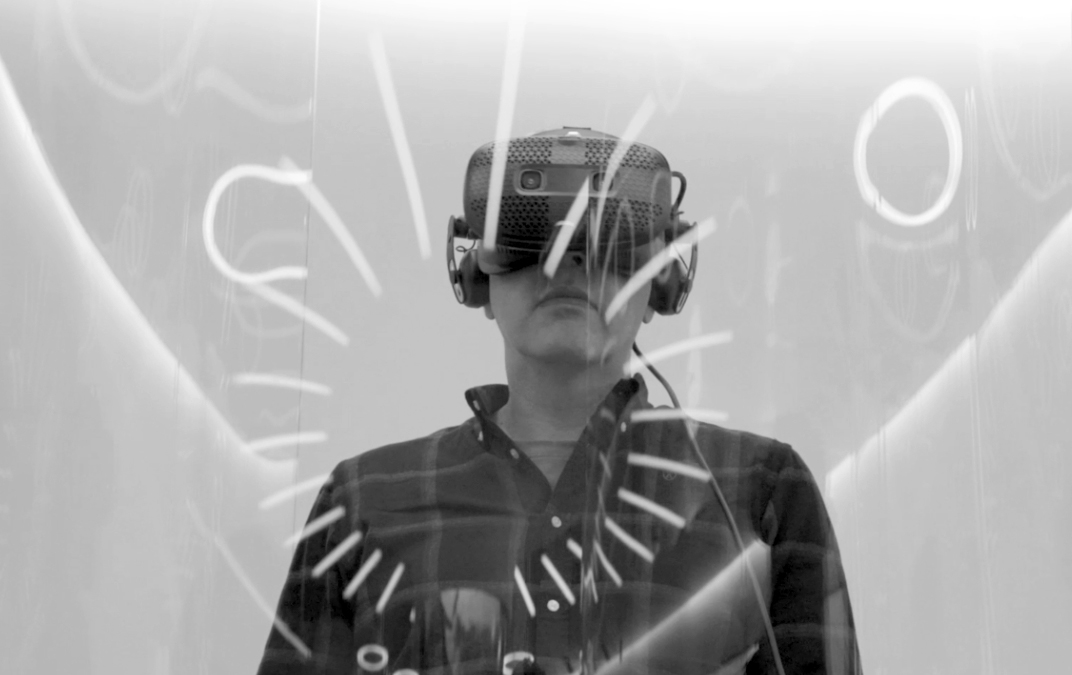Six predictions about AI that will define marketing in 2025.
- Date
- Written by Miguel Pereira
Prepared by the ICOM Network AI Team:
Miguel Pereira (Darwin & Verne, Spain), Rob Scherzer (DNA, Seattle, USA); Luke Azzopardi (Switch, Malta); Reuben Finley (Espace M, Canada); Fabian Miranda (Assemble Studio, USA, Costa Rica, Colombia); Harry Moller (Provoking, Mexico)
20 December, 2024.- Another article on AI predictions? That’s right, and for a good reason. Six marketing executives at the forefront of AI innovation in marketing worldwide, from Madrid to Seattle, with experience in diverse markets and approaches, have joined forces to write this article. Despite our different perspectives and beliefs, after an intense debate, we reached a clear conclusion: 2025 will divide companies into AI leaders and laggards. Here are the six reasons why this will become a reality:
1. AI-generated marketing content will reach a peak of homogeneity, driving a revolution in brand-specific training.
We are not even in 2025 yet, and there is already a noticeable saturation of generic AI-generated content. If you look closely, some brands are already producing nearly identical lifestyle content, creating a sea of uniformity that consumers will eventually ignore (goodbye, generic digital ads). In 2025, the winners will be those brands that invest in creative content generated with AI trained on their own unique data instead of relying on the infinite and repetitive cyberspace. Lazy marketing will go unnoticed; those who take their own data and model training seriously will stand out, creating more impactful brand experiences.
2. The marketing industry will be divided between AI builders and passive users.
Finding answers by prompting a language model will no longer be enough. The major players will build their own AI solutions, trained with decades of agency and brand knowledge, fine-tuned to their processes and unique strengths. The rest, relying on generic tools, will appear outdated. AI builders will operate in an entirely different league, turning their institutional knowledge into an unbeatable advantage.
3. AI platforms will reshape the $300 billion digital advertising landscape.
We foresee that major language models, such as OpenAI, will begin launching advertising products in 2025, leading to a restructuring of how digital advertising budgets—particularly in SEO—are allocated. The sharpest players are already preparing for this power shift, while the rest of the industry will struggle to catch up. The real changes will be felt in 2026, when Google and Meta face their first real competition in over a decade, triggering a dynamic reassessment of advertising supply and demand.
4. AI agents will be the new competitive battlefield in marketing.
In 2025, AI will evolve from performing individual tasks to orchestrating entire marketing operations: the rise of AI agents. Unlike GPTs that wait for instructions, these agents act as digital managers that automate tasks. While most teams continue copying and pasting into ChatGPT, AI agents will exponentially boost efficiency, handling everything from audience analysis to real-time creative optimization.
5. A pivotal moment will arrive for a fully AI-generated campaign.
At some point during the year, a campaign will be a massive success. Consumers will share it, praise it, and connect with it. Then comes the revelation: AI will have shaped nearly every element, from initial concept development to final execution. This will force all marketing departments and agencies to radically reconsider their stance on AI. The question will no longer be whether AI can drive impactful campaigns, but why anyone would limit its role in the marketing process.
6. Advances in AI security will unlock the full potential of customer data.
The privacy dilemma will finally find a solution. Today, responsible AI users wouldn’t consider feeding sensitive customer data into AI systems (seriously, if you’re doing it, stop now). However, new advancements in AI security are already enabling some organizations to perform advanced risk-free analyses on confidential data. As this technology becomes mainstream, the competitive advantages will be overwhelming. A true game-changer.
In summary, 2025 will not be easy for marketing teams that treat AI as a sophisticated spell checker. The best strategy to enhance your marketing effectiveness will be to partner with experts and agencies that are building their own capabilities, training custom models, and staying ahead of the intense revolution awaiting us in 2025 and beyond. Buckle up.

